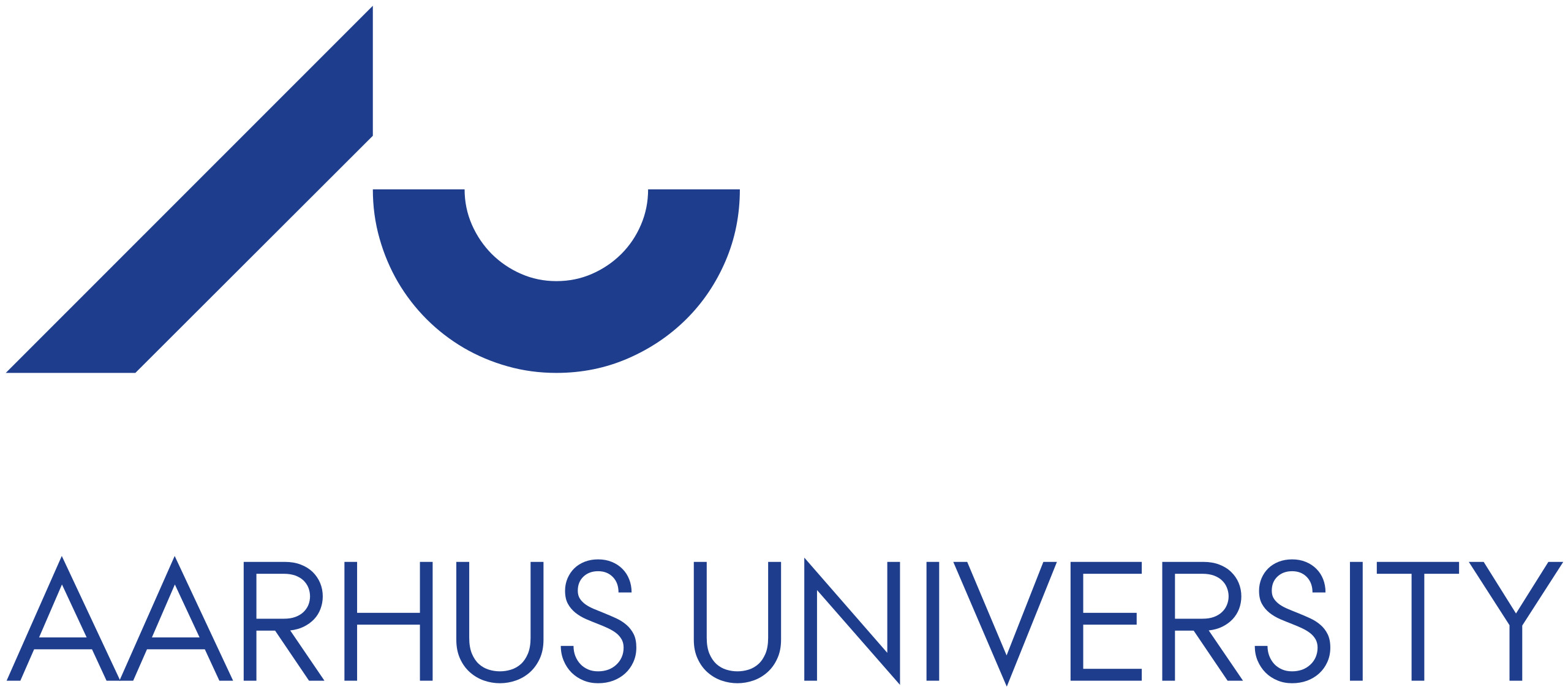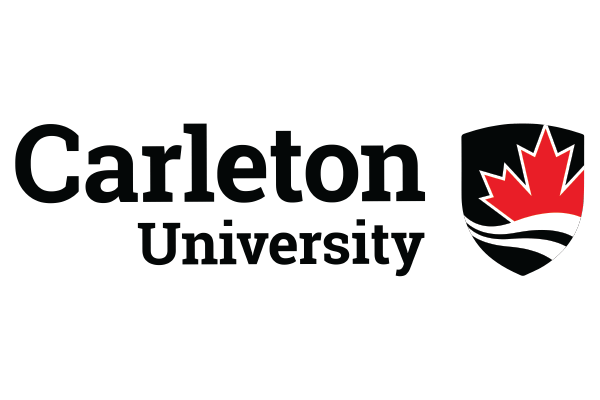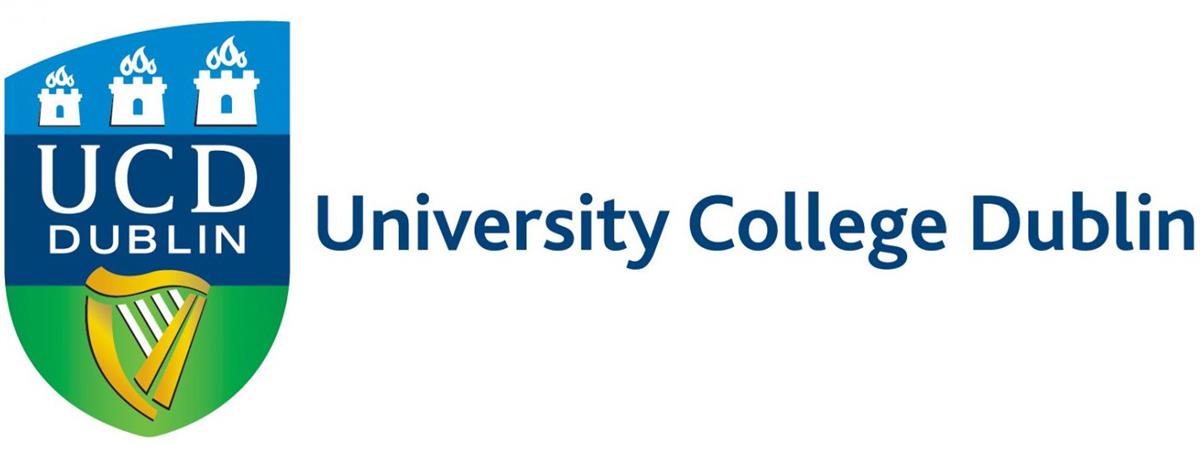Cognitive Science: Unlocking the Mysteries of the Mind
Cognitive Science is an interdisciplinary field that explores how the mind works, blending insights from psychology, neuroscience, philosophy, linguistics, computer science, and anthropology. For Indian students aspiring to study abroad, pursuing a degree in Cognitive Science opens doors to groundbreaking research and innovative careers in artificial intelligence, human-computer interaction, and mental health. This dynamic program equips you with the tools to understand perception, memory, decision-making, and language—skills increasingly vital in our tech-driven world.
Studying Cognitive Science abroad offers Indian students access to world-class facilities, diverse perspectives, and global networks. With India's growing emphasis on AI and cognitive technologies, this field aligns perfectly with national initiatives like Digital India, preparing you to contribute back home or thrive internationally.
Why Choose Cognitive Science?
Cognitive Science isn't just about the brain; it's about simulating intelligence and solving real-world problems. Imagine designing AI that mimics human empathy or developing therapies for cognitive disorders. This field is at the forefront of advancements in machine learning, robotics, and neuroscience, making it ideal for curious minds from India who want to blend science with creativity.
- Interdisciplinary Nature: Combines multiple disciplines for a holistic understanding of cognition.
- Relevance to India: Addresses challenges like mental health awareness and AI ethics in a rapidly digitizing society.
- Global Demand: High employability in tech hubs like Silicon Valley, London, and Toronto.
- Research Opportunities: Hands-on projects with cutting-edge tools like fMRI and neural networks.
Core Curriculum and Key Topics
A typical Cognitive Science program abroad spans foundational theories to advanced applications. Bachelor's degrees last 3-4 years, while Master's and PhD programs range from 1-5 years. Expect a mix of lectures, labs, and seminars that encourage critical thinking.
Foundational Courses
| Course | Description | Relevance |
|---|---|---|
| Introduction to Cognitive Science | Overview of mind models from philosophy to AI. | Builds base for interdisciplinary thinking. |
| Cognitive Psychology | Studies perception, attention, and memory. | Essential for understanding human behavior. |
| Neuroscience Basics | Explores brain structure and neural processes. | Links biology to cognition. |
| Philosophy of Mind | Debates consciousness and free will. | Sharpens analytical skills. |
Advanced Topics
- Linguistics and Language Processing: How humans acquire and use language; applications in NLP for AI chatbots.
- Computational Modeling: Using algorithms to simulate cognitive processes; vital for programming intelligent systems.
- Human-Computer Interaction (HCI): Designing user-friendly interfaces; relevant for India's booming app development sector.
- Cognitive Development: Lifespan changes in cognition; useful for education and child psychology.
- AI and Machine Learning: Ethical AI design; aligns with global concerns on bias in technology.
Many programs include electives like Neuroethics or Cognitive Robotics, allowing customization based on interests. Indian students often excel here, bringing diverse cultural insights to topics like multilingual cognition.
Top Universities for Cognitive Science Abroad
Indian students flock to these institutions for their rigorous programs, supportive international communities, and scholarships. Focus on countries with post-study work visas to ease transitions.
- University of California, Berkeley (USA): Renowned for its Institute of Cognitive and Brain Sciences. Offers BS/MS in Cognitive Science with strong AI focus. Tuition: ~$45,000/year; scholarships like Fulbright for Indians.
- University of Toronto (Canada): Interdisciplinary program through the Centre for Vision Research. Affordable fees (~CAD 30,000/year) and pathways to permanent residency appeal to Indian families.
- University College London (UK): MSc in Cognitive and Decision Sciences. Short 1-year Master's; post-Brexit scholarships available. Fees: ~£25,000.
- University of Melbourne (Australia): Bachelor of Science in Cognitive Science. Vibrant Indian student community; work rights during studies. Fees: ~AUD 40,000/year.
- MIT (USA): Brain and Cognitive Sciences department. Elite research; GRE optional for Indians with strong academics.
These universities provide Indian student services like cultural orientation and visa workshops, ensuring a smooth abroad experience.
Admission Requirements for Indian Students
Gaining admission requires preparation, but it's achievable with a strong academic background. Most programs seek students passionate about science and tech.
Eligibility Criteria
- Academic Qualifications: 10+2 with 70-85% in Science/Commerce streams for Bachelor's; Bachelor's degree (50-60% aggregate) for Master's. STEM background preferred.
- Standardized Tests:
- IELTS: 6.5-7.0 overall (no band below 6.0).
- TOEFL: 90-100.
- GRE: Required for US PhDs; optional for others (aim for 300+).
- Documents: SOP highlighting interest in cognition, LORs from teachers, resume with projects (e.g., AI coding or psychology research).
- Deadlines: Fall intake (Sep): Apply by Dec-Jan; Spring (Jan): Jul-Aug.
Indian students should highlight extracurriculars like debate clubs or coding hackathons in applications. Visa processes (F-1 for USA, Tier 4 for UK) are streamlined with proof of funds (~INR 10-15 lakhs).
Career Prospects and Opportunities
A Cognitive Science degree promises versatile careers, with median salaries starting at $70,000-$90,000 abroad, translating to INR 50-70 lakhs annually. Back in India, roles in tech giants like Google India or startups offer INR 10-20 lakhs for freshers.
Popular Job Roles
| Role | Description | Average Salary (USD) | Top Employers |
|---|---|---|---|
| AI Researcher | Develops cognitive algorithms. | $100,000+ | Google, OpenAI |
| UX/UI Designer | Creates intuitive digital experiences. | $85,000 | Microsoft, Flipkart (India) |
| Cognitive Psychologist | Studies and treats mental processes. | $80,000 | Hospitals, NIMHANS (India) |
| Data Scientist | Analyzes behavioral data. | $95,000 | Amazon, TCS |
| Neurotechnologist | Works on brain-computer interfaces. | $110,000 | Neuralink, IIT Research Labs |
Post-graduation, 80% of graduates secure jobs within 6 months. Indian alumni often return to lead AI initiatives at Infosys or ISRO, bridging global knowledge with local needs.
Scholarships and Financial Aid for Indian Students
Studying abroad can be funded through merit-based aid, reducing costs by 20-50%.
- Inlaks Shivdasani Foundation: Up to $100,000 for Master's in USA/UK; prioritizes humanities and sciences.
- Commonwealth Scholarships (UK): Full tuition and stipend for Indians; apply via British Council.
- DAAD Scholarships (Germany): For programs at universities like Humboldt; covers fees and living (~€850/month).
- University-Specific Aid: UC Berkeley's international scholarships; Toronto's Lester B. Pearson for top Indians.
- Indian Government Schemes: National Overseas Scholarship for SC/ST students; up to INR 20 lakhs.
Start applications early; maintain a GPA above 3.0/4.0 for eligibility. Part-time work (20 hours/week) in countries like Canada adds INR 5-10 lakhs annually.
Benefits of Studying Cognitive Science Abroad as an Indian Student
Beyond academics, studying abroad fosters independence and cultural adaptability—key for global citizens. You'll join vibrant Indian diaspora groups, celebrating Diwali while engaging in diverse discussions on cognition across cultures.
Challenges like homesickness are mitigated by university counseling and online family connections. Ultimately, this journey empowers you to innovate in fields shaping India's future, from AI-driven education to cognitive health tech.
Ready to embark? Explore our application guidance services to start your Cognitive Science adventure abroad.





